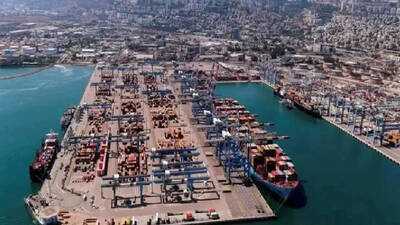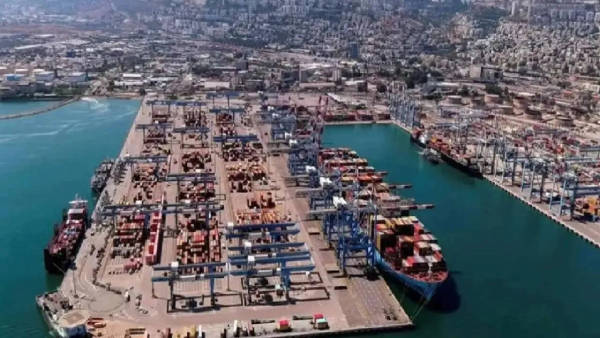
 Escalating Tensions Between Iran and Israel
Escalating Tensions Between Iran and Israel
The ongoing conflict between Iran and Israel has intensified significantly. Recently, U.S. President Donald Trump facilitated a ceasefire between the two nations. For the past 12 days, both countries have been engaged in a series of missile and drone strikes, raising global concerns. Amidst this turmoil, a new issue has emerged: electric vehicles (EVs) parked at Israeli ports are now becoming a potential hazard.
A Threat to Ports and Logistics
Israeli officials have expressed alarm over the possibility of a missile strike from Iran targeting these electric vehicles. Such an attack could lead to catastrophic fires that would be nearly impossible to extinguish. This poses a significant threat to the country's critical infrastructure, including ports and logistics hubs.
Haifa Port: Israel's Busiest Harbor
According to a report by a maritime news outlet, the Administration of Shipping and Ports in Israel has instructed all car import companies to relocate their electric vehicles from the ports to safer, open areas. This directive particularly emphasizes the Haifa and Ashdod ports. Notably, Haifa Port is Israel's busiest, handling approximately 20 million tons of cargo annually, making it an attractive target for adversaries like Iran.
Why Are EVs a Fire Hazard?
Incidents of fires involving electric vehicles have been reported globally over the past decade. While the likelihood of EVs catching fire is generally lower compared to gasoline or diesel vehicles, when they do ignite, the situation can escalate quickly. The batteries in electric vehicles generate intense heat when they catch fire, making it extremely difficult to control the blaze. This is why Israeli authorities have decided to move EVs away from the ports to safer locations.
-
Watch: Yashasvi Jaiswal Dances After Costly Drops Help England Win Test

-
Fenerbahce Begin Transfer Talks with Manchester United After Jadon Sancho Salary Agreement

-
England beat India by 5 wickets, take 1-0 lead in five-match Test series

-
WTC 2025-27: England top standings after beating India at Headingley

-
Headingley Test: Shubman Gill rues dropped catches, lower-order failure
